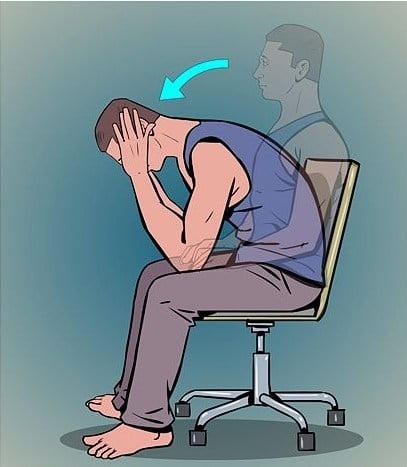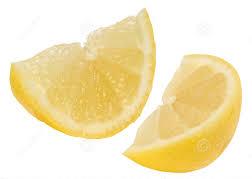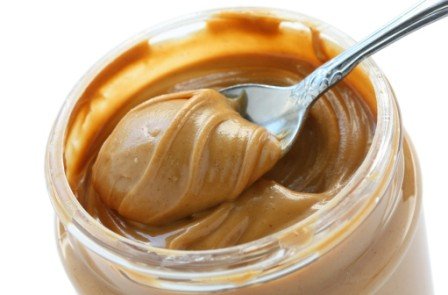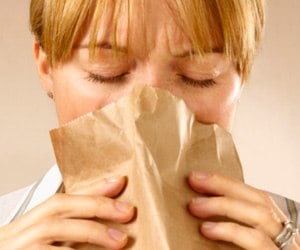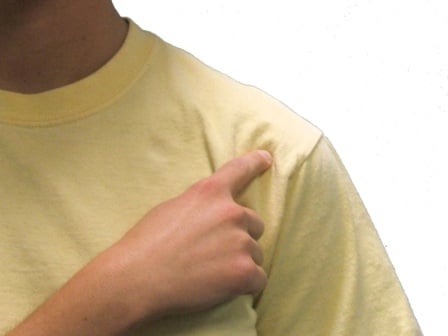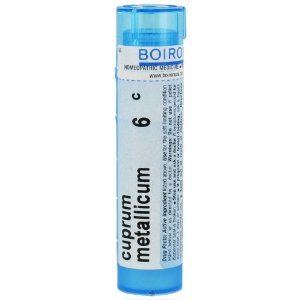Hold your breath and put your fingers in your ears. Branches of the vagus nerve also reach into the auditory system, and by creating pressure in the nerve endings there, the vagus nerve goes into action and hiccups may stop immediately. Be careful not to stick your fingers far too inside your ears.
Get your friend to surprise you, tickle you, shock you, or make you angry or frightened all of a sudden. The key point here is that you shouldn’t be aware of this. Doing this will distract you and overwhelm your vagus nerve and the hiccups will stop. Yay!
Gulping down a glass of water quickly is an age old remedy for hiccups. This interrupts the hiccup cycle and resets the vagus nerve. It seems to work best for children; adults might have to drink a few more glasses to do the trick. Gargling with plain water has also been known to help.
Sit on a chair. Close your ears with your hands and, keeping your lips tightly sealed, make a humming sound. While you do this, bend your upper body towards your knees as much as possible, stay in that position (while still humming) and return to your original seating position when you feel like catching your breath. Do this a few times to stop the hiccups.
Keep a spoonful of sugar or salt under your tongue and allow it to dissolve completely. This is usually enough to stimulate the vagus nerve and stop the hiccups. You may use water to help dissolve the sugar.
Drink one teaspoon of lemon juice (either freshly squeezed or packaged), or a teaspoon of vinegar. This will stimulate the nasopharynx (connects the back of the nose to the back of the mouth), which in turn interrupts the vagus nerve impulse pattern, which should stop your hiccups. Make sure to rinse your mouth thoroughly after, since lemon is acidic and is harmful for your teeth in the long run.
A little peanut butter also helps in stopping the hiccups. Its texture (sweetness and stickiness) helps to relax the breathing rhythm, just like salt and sugar.
Hiccups are a result of decreased carbon dioxide in the blood stream. Breathe into a paper bag for a few minutes. The carbon dioxide that you exhale gets trapped in the bag, which you inhale again. This increases the levels of carbon dioxide in your body and, thus, stops the hiccups.
You can try acupuncture therapy yourself. Apply pressure in the hollow between the end of the clavicle and the ball of the shoulder joint on your left shoulder. This will get your diaphragm to relax and stop the hiccups.
If none of the above works, try taking a homeopathic medicine, called cuprum metallicum, which helps to relieve sudden spasms and hiccups. Refer to a doctor before using. Featured photo credit: 32 of 38 vote for your fav/Roupen Nahabedian via flickr.com



